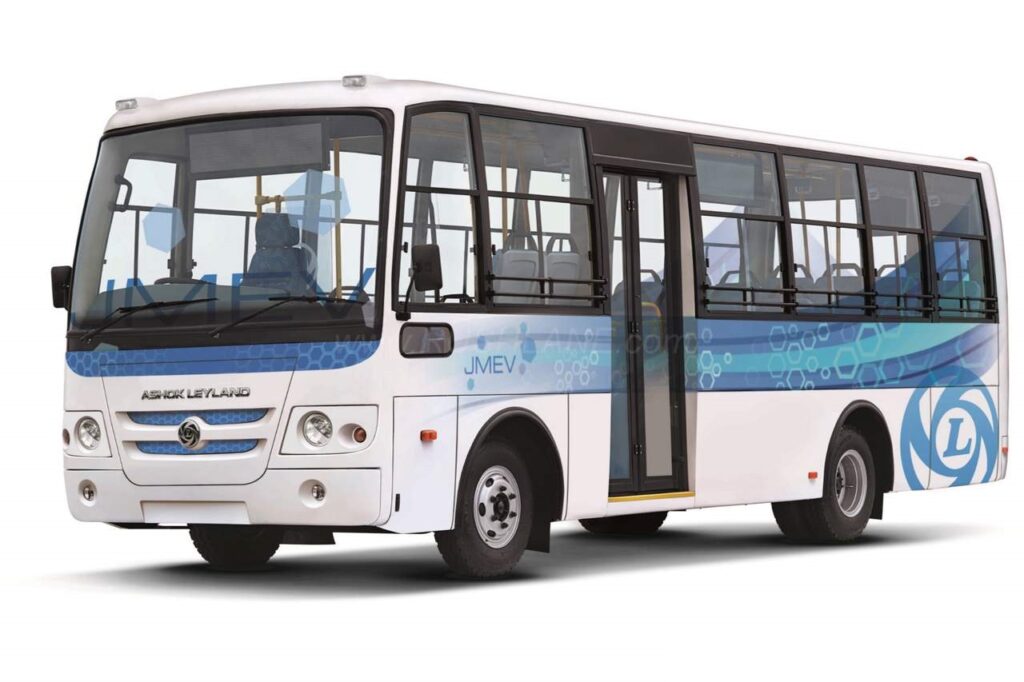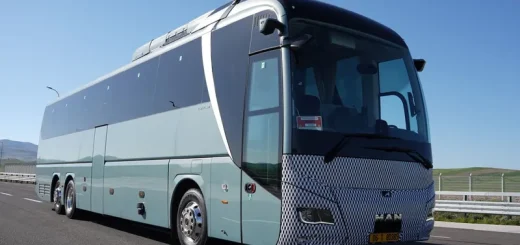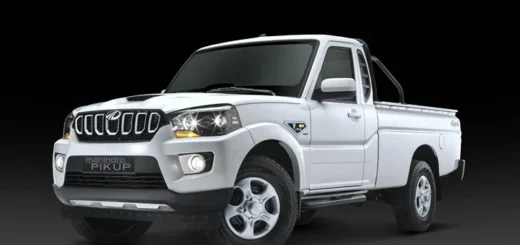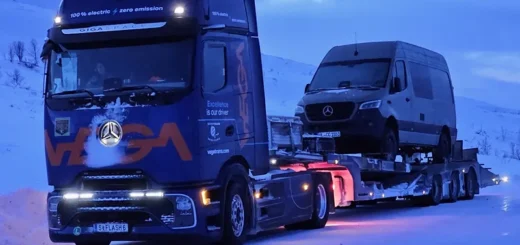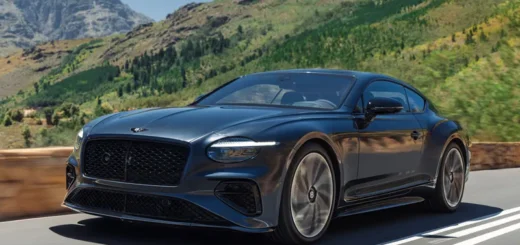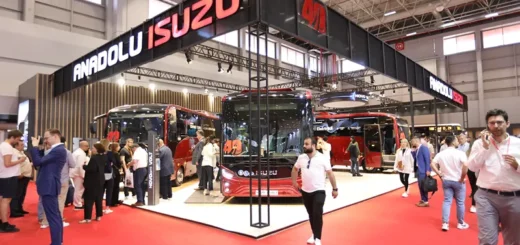Electric Bus Race: Indian OEM Trio Moving Ahead
Ashok Leyland, Tata Motors, and Mahindra are working on their own pure-electric bus platforms, without any major foreign partner for technological support.
Nowadays, it is smart and classy for the Indian OEMs to develop their own all-electric bus platform for mass transportation, thanks to the new-found interest of the automotive industry on sustainable technologies and products. There is also a considerable influence from the policy side, with the government pushing for electric vehicles for public transport and subsidies to promote non-conventional, zero-emission vehicles. Many of the State Transport Undertakings (STUs) are showing interest like never before on inducting and experimenting hybrid and electric buses, which is also a good sign.
The home-grown OEM trio Ashok Leyland, Tata Motors, and Mahindra are at the forefront of the electric bus race in India, wherein developing reliable electric powertrain and battery technologies at affordable costs is the priority. All the three bus makers have realised that there is a great potential for electric vehicles in the domestic market, city bus segment in particular. With favorable market sentiments and policy support in the coming years, they believe that the bottlenecks associated with the electric buses at present can be eliminated with reliable technology, even if the cost is to remain significantly higher than conventional diesel buses. As long as the long-term benefits and reliability of electric buses are testified to potential buyers, the vehicle makers are positive that they can make commercial success with e-buses.
Ashok Leyland, for instance, has formed a strategic alliance with SUN Mobility to develop a localised ecosystem for electric mobility, especially in the supply chain of batteries and interchange battery stations. The company was the first to launch an international successful pure-electric bus Optare Versa from its UK arm back in 2015. But the notable feat of achievement by the company was its indigenously-developed Circuit electric 8.2-metre bus that was unveiled last year, as it is a more closer step towards affordable solution for the Indian market. The Circuit is using the cost-effective Jan-bus Midi platform.
Tata Motors, for its part, is moving ahead with its Ultra electric buses built on Starbus Ultra platform. The company is fiercely testing the prototypes at real-life conditions across the country. It is also trying to sell few buses to the Himachal Pradesh Road Transport Corporation. The e-bus will be offered in two configurations – 9 metres and 12 metres.
Also Read: Tata Super ACE, Magic, Magic IRIS Electric Vehicles
More recently, Mahindra has also announced that a 32-seat electric bus in on the anvil and will be ready by 2019. With the experience of developing a variety of electric vehicles under its stable, the company has a better technical know-how on electric mobility for the masses, but the key challenge is to bring down the overall cost of e-buses. For instance, the 9-metre electric bus made by Tata Motors costs around INR 1.6 crore while a 12-metre bus costs INR 2 crore. This is more than ten times the cost of an equivalent diesel-powered bus just the chassis considered. That’s perhaps the reason why Ashok Leyland could not proceed with the Optare Versa bus in India. A cost-effective localised platform and technology is essentially the biggest hurdle in the electric mobility race.
Also Read: Proterra Catalyst E2: All-Electric Bus With 560 Km Range
The government does provide subsidy under the Faster Adoption and Manufacturing of Hybrid and Electric Vehicles (FAME) up to INR 65 lakh for fully electric buses which manufacturers believe is a reasonable sum to attract buyers into the space.
Next, would you like to read more on Electric Vehicles?

